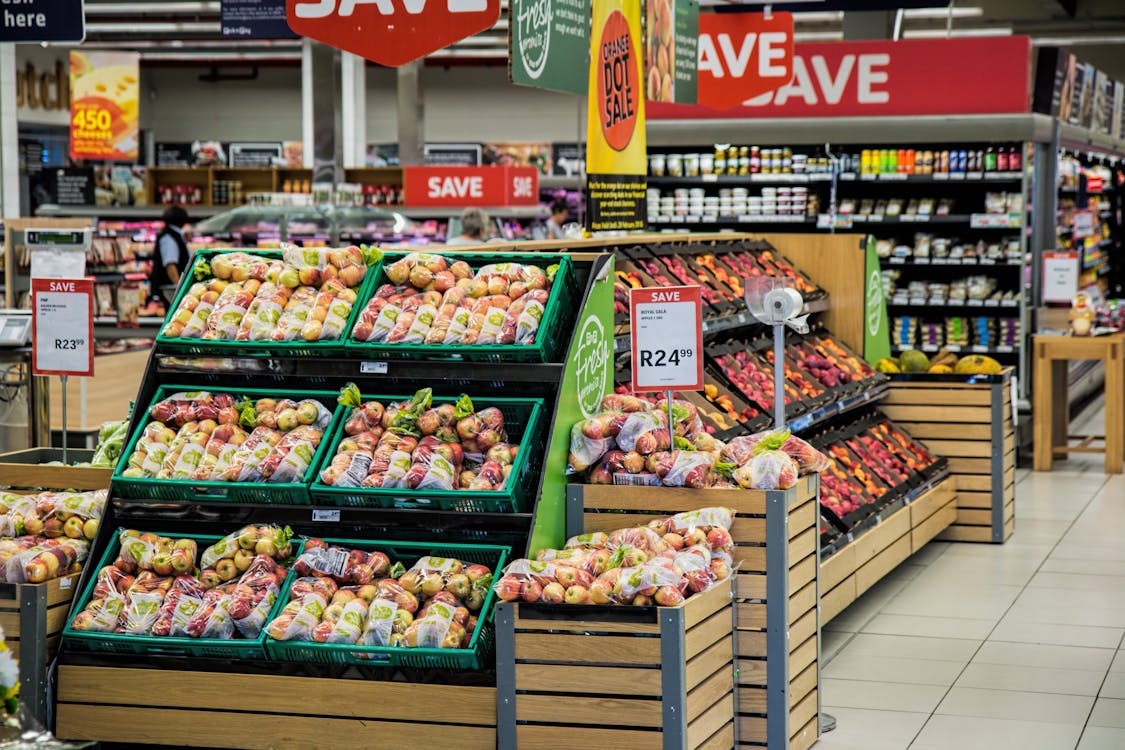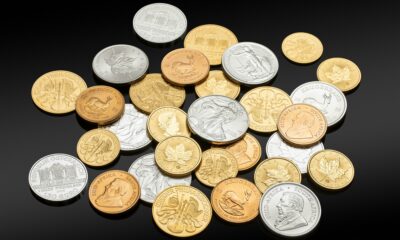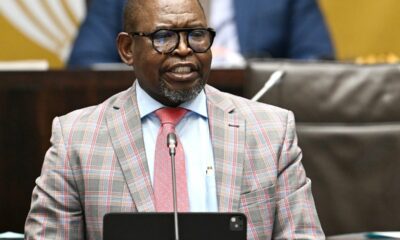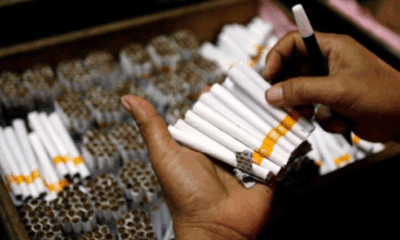News
Why South Africa’s Reversal of the VAT Hike Is Bittersweet for Low-Income Households

South Africa’s government recently backtracked on a proposed increase in Value Added Tax (VAT) — a move that’s been welcomed by many consumers. But not all are celebrating. For low-income households, the reversal has come at an unexpected cost: a missed opportunity to expand the basket of VAT-free food items.
Initially, Finance Minister Enoch Godongwana proposed broadening the list of zero-rated essential foods as part of the 2025 Budget. The goal? To cushion vulnerable South Africans from the financial impact of a VAT hike.
In South Africa, basic food items like brown bread, maize meal, eggs, and some vegetables are exempt from VAT. Godongwana had suggested adding items such as chicken feet, organ meats, canned vegetables, and dairy blends to the list — staples for many working-class families.
But in April 2025, the National Treasury reversed its decision to increase VAT, citing weaker-than-expected tax revenues and a shrinking economic outlook. With that reversal, the plans to expand the zero-rated basket were also scrapped.
“No VAT increase means the measures to protect low-income households from the hike are no longer necessary,” Treasury said.
This was reiterated by Godongwana during his May 21 budget revision speech, where he confirmed the VAT hike was officially off the table for the next two years — along with any expansion to the VAT-free food basket.
A Missed Opportunity for the Most Vulnerable
The decision, while offering immediate financial relief, is being viewed by some as a missed opportunity to help South Africa’s poorest households deal with soaring food prices.
The Consumer Goods Council of South Africa (CGCSA) expressed mixed feelings about the announcement. Its CEO, Zinhle Tyikwe, said that while halting the VAT hike would help many households, the scrapped food basket expansion was deeply disappointing.
“Expanding the zero-rated basket could have helped improve food security, promote healthier diets, and ease the pressure on low-income families,” Tyikwe said.
The CGCSA argued that VAT is a regressive tax — it takes up a larger share of income for the poor than the rich. While wealthier South Africans pay more VAT in total, the burden weighs heavier on the poor, especially when it applies to essential goods.
The VAT U-turn might feel like a win for consumers at first glance — but it comes with trade-offs. For millions of low-income South Africans, the scrapped expansion of the zero-rated food basket is a real loss.
In a time of skyrocketing food prices, rising electricity costs, and stagnant wages, this decision highlights the delicate balancing act facing Treasury: keeping the budget under control while trying to protect those hit hardest by the cost-of-living crisis.
As it stands, the VAT-free basket remains limited to 21 basic items, with no additions planned — at least for now.
{Source: BusinessTech}
Follow Joburg ETC on Facebook, Twitter , TikTok and Instagram
For more News in Johannesburg, visit joburgetc.com



























